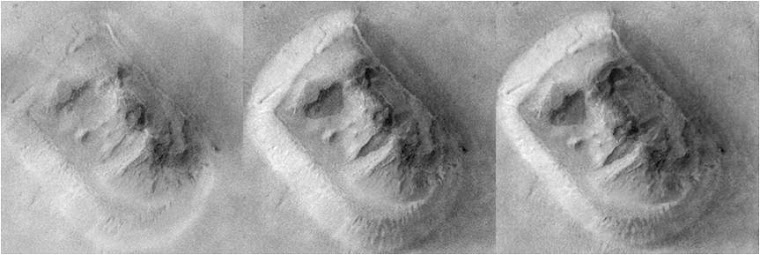US scientists close to creating artificial life: study
Jan 24 02:44 PM US/Eastern
Artificial Life Likely in 3 to 10 Years
AP Top Science News At 3:06 p.m. EST
US scientists have taken a major step toward creating the first ever artificial life form by synthetically reproducing the DNA of a bacteria, according to a study published Thursday.
The move, which comes after five years of research, is seen as the penultimate stage in the endeavour to create an artificial life form based entirely on a man-made DNA genome -- something which has tantalised scientists and sci-fi writers for years.
"Through dedicated teamwork we have shown that building large genomes is now feasible and scalable so that important applications such as biofuels can be developed," said Hamilton Smith, from the J. Craig Venter Institute, in the study published in Science.
The research has been carried out at the laboratories of the controversial celebrity US scientist Craig Venter, who has hailed artificial life forms as a potential remedy to illness and global warming.
However, the prospect of engineering artificial life forms is highly controversial and is likely to arouse heated debate over the ethics and potential ramifications of such an advance.
It is one of the Holy Grails of science, but also one that stirs deep fears as forseen in Aldous Huxley's 1932 novel "Brave New World" in which natural human reproduction is eschewed in favor of babies grown artificially in laboratories.
Venter said in a statement: "This extraordinary accomplishment is a technological marvel that was only made possible because of the unique and accomplished ... team."
His researchers had "dedicated the last several years to designing and perfecting new methods and techniques that we believe will become widely used to advance the field of synthetic genomics," he added.
Lead author Dan Gibson said the team had completed the second step in a three-step process to create a synthetic organism.
In the final stage of their research which they are already working on, the Maryland-based team will attempt to create a bacteria based purely on the synthetic genome sequence of the Mycoplasma genitalium bacteria.
The bacteria, which causes certain sexually transmitted diseases, has one of the least complex DNA structures of any life form, composed of just 580 genes.
In contrast, the human genome has some 30,000.
Thursday, January 24, 2008
Subscribe to:
Post Comments (Atom)

No comments:
Post a Comment